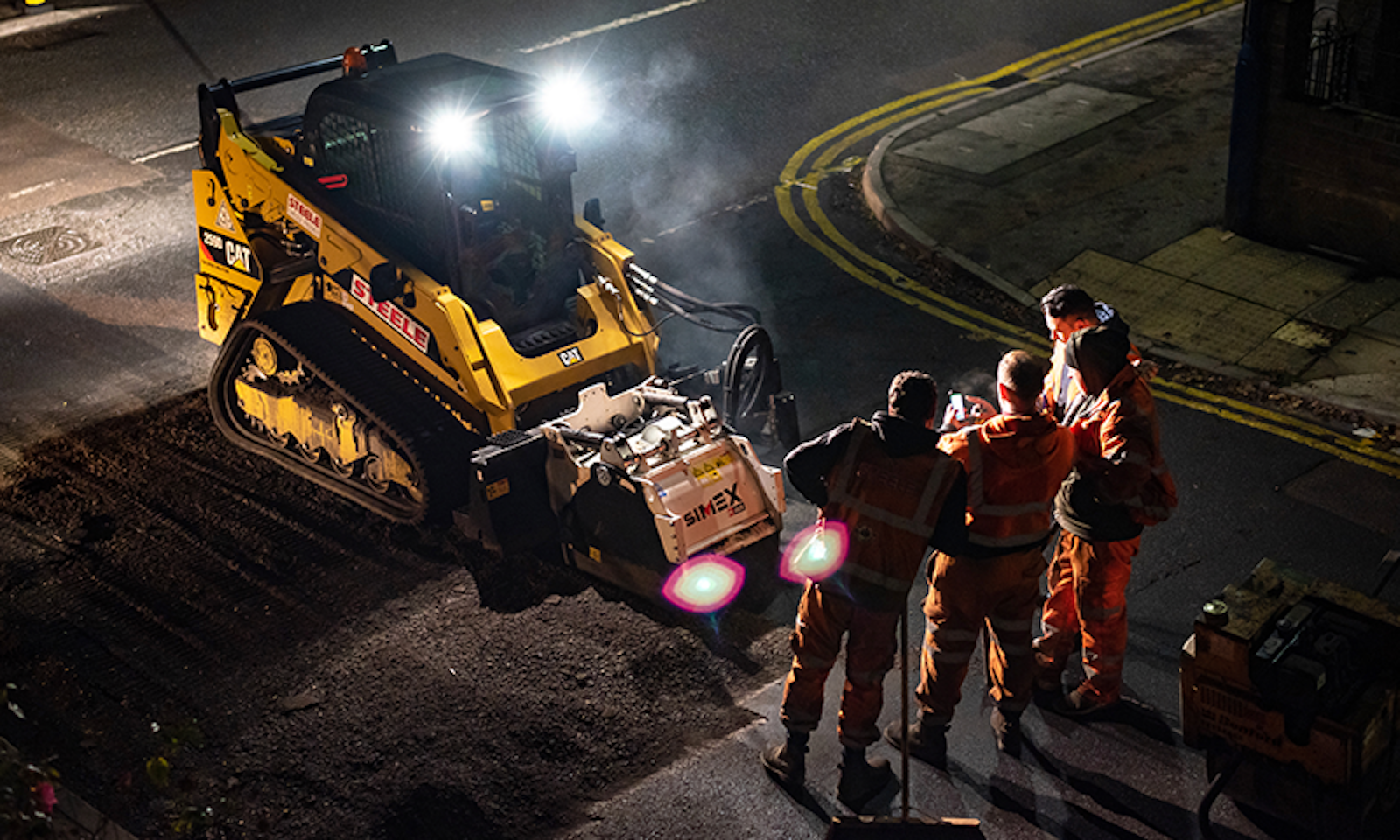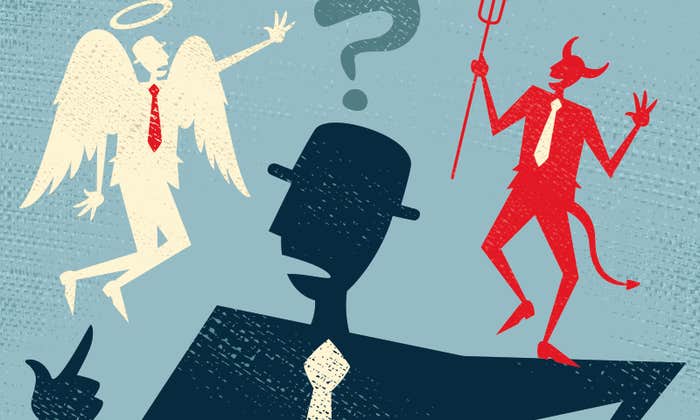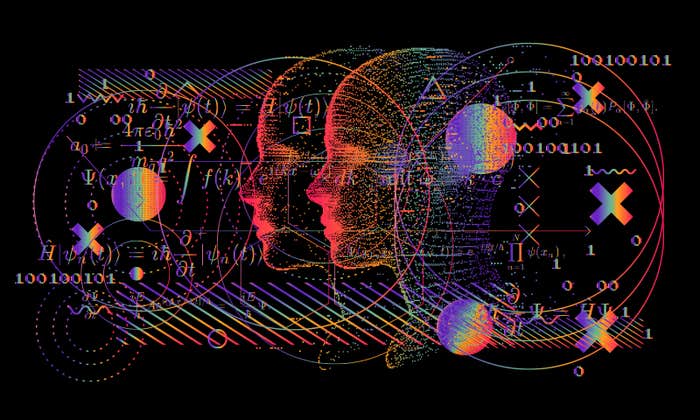One question for Sarah Chellappa, a neuroscientist at the University of Cologne who studies how sleep and circadian rhythms affect human mood, cognition, and brain activity.

What can night-shift workers do to feel better?
Our findings suggest that meal timing is important for mood. That’s why we titled our new study, published in the Proceedings of the National Academy of Sciences, “Daytime eating prevents mood vulnerability in night work.” It may be helpful if night workers reconsidered the amount of calories, and especially carbohydrates, consumed in the nighttime. Shift workers often experience circadian misalignment, the misalignment between their central circadian clock in the brain and daily behaviors, such as sleep/wake and fasting/eating cycles. They also have a 25 to 40 percent higher risk of depression and anxiety. Meal timing is important for physical health, and diet is important for mood. That’s why we wanted to find out whether meal timing can benefit mental health as well.
We used a stringently controlled 14-day laboratory protocol. Because of that, it is challenging to make a direct translation of our daytime meal intervention to meal schedules in real-life shift workers or patient populations. More is needed to establish if meal timing interventions can prevent depressed and anxious mood states in shift workers, who account for up to 20 percent of the workforce in industrial societies and are directly responsible for many hospital services, factory work, and other essential services.
We enrolled 19 participants (12 men and 7 women) in a laboratory study that included four 28-hour “days.” By the fourth “day” their behavioral cycles were inverted by 12 hours, simulating night work. That caused their circadian clocks to misalign. We put some of the participants in a control group, which had meals according to a 28-hour cycle. This resulted in them eating during the night and day, as night workers often eat. The other group had meals on a 24-hour cycle. So, eating only during the day. We found that during the simulated night shift (day 4), those in the first group, the control, had more depression-like and anxiety-like mood levels, compared to baseline (day 1). However, no such worsening of mood levels happened during the simulated night work in the group that ate only during the day. And those who had a greater degree of internal circadian misalignment, the misalignment between endogenous circadian rhythms in the body, experienced more depression- and anxiety-like mood.
What potential mechanisms might underlie that association, between daytime eating and mental health? We previously showed in the same laboratory experiment that participants who ate in the night and day had more glucose intolerance during the simulated night shift. No such changes happened during the simulated night work in the group that ate just during the day. Because high glucose levels are associated with depression, the beneficial effects of daytime eating on glucose tolerance may extend to mood perception. ![]()
Lead image: Mariusz Zawadzki / Shutterstock




























